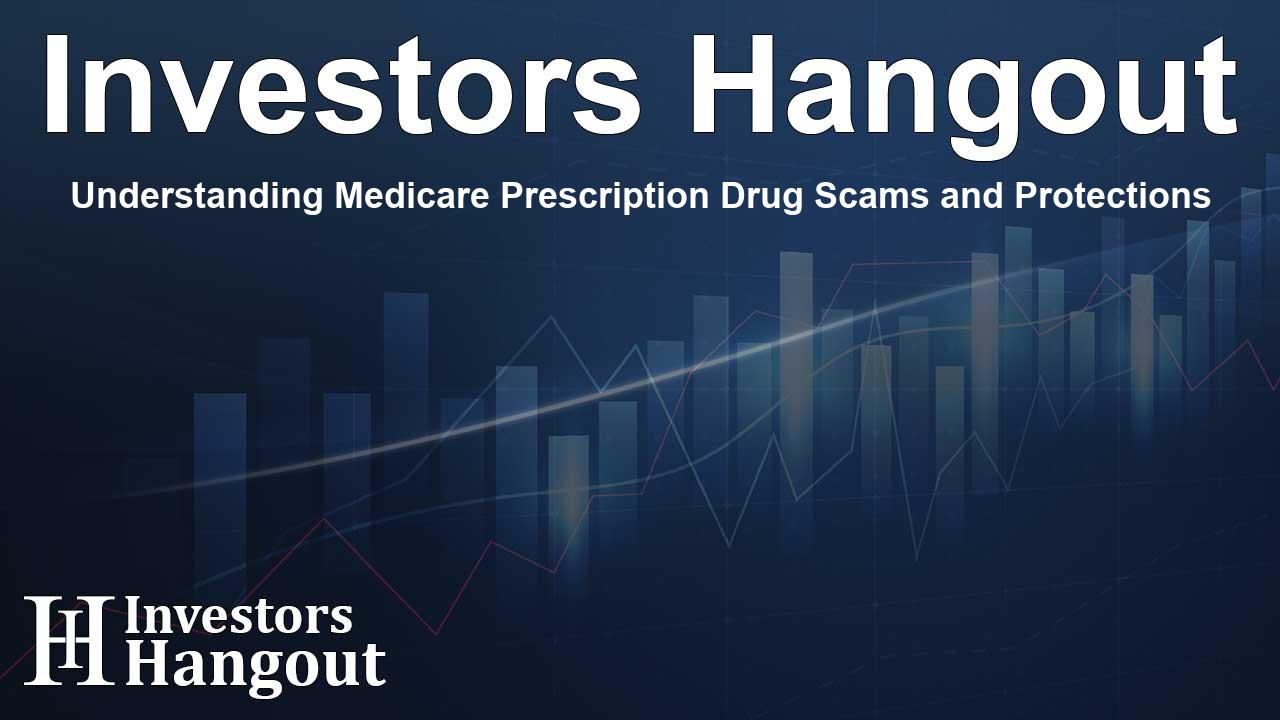Understanding Medicare Prescription Drug Scams and Protections

Understanding Medicare Prescription Drug Scams
Amid the advancements in healthcare, the introduction of a cap on out-of-pocket costs for prescription drugs through Medicare is a significant milestone. This cap, set at $2,000 per year, specifically pertains to Medicare Part D prescription drugs, ensuring affordability for millions of beneficiaries. However, such changes often create opportunities for fraudsters aiming to exploit unsuspecting seniors. The New York StateWide Senior Action Council has recently highlighted these deceptive practices, categorizing them as Medicare Prescription Drug Cap Scams.
What Are Medicare Prescription Drug Cap Scams?
As always, with new policies come new types of scams. The Medicare Prescription Drug Cap Scams involve false representation of Medicare benefits. Scammers may claim to provide necessary services or information related to the new drug cap, often under the guise of aiding beneficiaries. These scams operate through various tactics, including unsolicited phone calls, misleading emails, and false claims about upfront payment requirements.
Warning Signs of Scams
Awareness is essential when navigating the complexities of Medicare. Scam calls often follow a predictable pattern:
- Unsolicited Calls: Be wary of calls claiming to assist with Medicare Part D benefits, especially those asking for personal information such as Medicare numbers or bank details.
- Upfront Payments: Some scammers might insist on an upfront fee to qualify for the new benefit cap. Remember, legitimate Medicare programs do not require payment before accessing benefits.
- No Extra Documentation Needed: If you're enrolled in a Medicare prescription plan, you don’t need any additional cards or documentation to retrieve medications at your pharmacy.
How to Protect Yourself Against These Scams
Protecting personal information is crucial. Here are essential steps to safeguard yourself from potential scams:
- Never disclose personal information in response to unsolicited communication.
- Carefully review Medicare statements for error or unusual charges.
- Treat your Medicare card as you would a credit card, protecting it from unauthorized access.
Resources for Reporting Fraud
The New York StateWide Senior Action Council is actively working to combat Medicare fraud through educational programs and resources. They have trained counselors dedicated to assisting Medicare beneficiaries in understanding their rights and reporting fraud effectively. If you suspect fraud or have encountered suspicious activities, you can contact their helpline at 800-333-4374 for guidance.
The Impact of Medicare Fraud on Society
Medicare fraud accounts for a staggering cost of over $60 billion each year, affecting taxpayers and depleting resources intended for legitimate healthcare needs. Organizations like StateWide have initiated the Fraud of the Month program as a proactive measure to illuminate fraudulent schemes affecting seniors.
Conclusion
With healthcare policies evolving, it is imperative for beneficiaries to stay informed and vigilant against fraudulent practices. By recognizing the signs of these scams and knowing how to protect themselves, seniors can ensure they do not fall victim to deceitful schemes posed by scam artists. For continued support and education on Medicare benefits, remain connected to local advocacy groups and utilize available resources.
Frequently Asked Questions
What are Medicare Prescription Drug Cap Scams?
These scams involve fraudsters misrepresenting themselves as representatives of Medicare, claiming they can help beneficiaries with the new drug cap benefits.
How can I identify a Medicare scam?
Watch for unsolicited calls or emails requesting personal information, claims of upfront payment, and offers of additional cards for benefits.
What should I do if I suspect fraud?
If you suspect Medicare fraud, report it to the New York StateWide Senior Action Council's helpline at 800-333-4374.
Are there resources available for learning more about Medicare fraud?
Yes, organizations like the New York StateWide Senior Action Council provide resources, counselling, and guidance in understanding Medicare fraud and protections.
What impact does Medicare fraud have on taxpayers?
Medicare fraud costs taxpayers over $60 billion annually, diverting necessary funds away from genuine healthcare services and programs.
About Investors Hangout
Investors Hangout is a leading online stock forum for financial discussion and learning, offering a wide range of free tools and resources. It draws in traders of all levels, who exchange market knowledge, investigate trading tactics, and keep an eye on industry developments in real time. Featuring financial articles, stock message boards, quotes, charts, company profiles, and live news updates. Through cooperative learning and a wealth of informational resources, it helps users from novices creating their first portfolios to experts honing their techniques. Join Investors Hangout today: https://investorshangout.com/
Disclaimer: The content of this article is solely for general informational purposes only; it does not represent legal, financial, or investment advice. Investors Hangout does not offer financial advice; the author is not a licensed financial advisor. Consult a qualified advisor before making any financial or investment decisions based on this article. The author's interpretation of publicly available data shapes the opinions presented here; as a result, they should not be taken as advice to purchase, sell, or hold any securities mentioned or any other investments. The author does not guarantee the accuracy, completeness, or timeliness of any material, providing it "as is." Information and market conditions may change; past performance is not indicative of future outcomes. If any of the material offered here is inaccurate, please contact us for corrections.